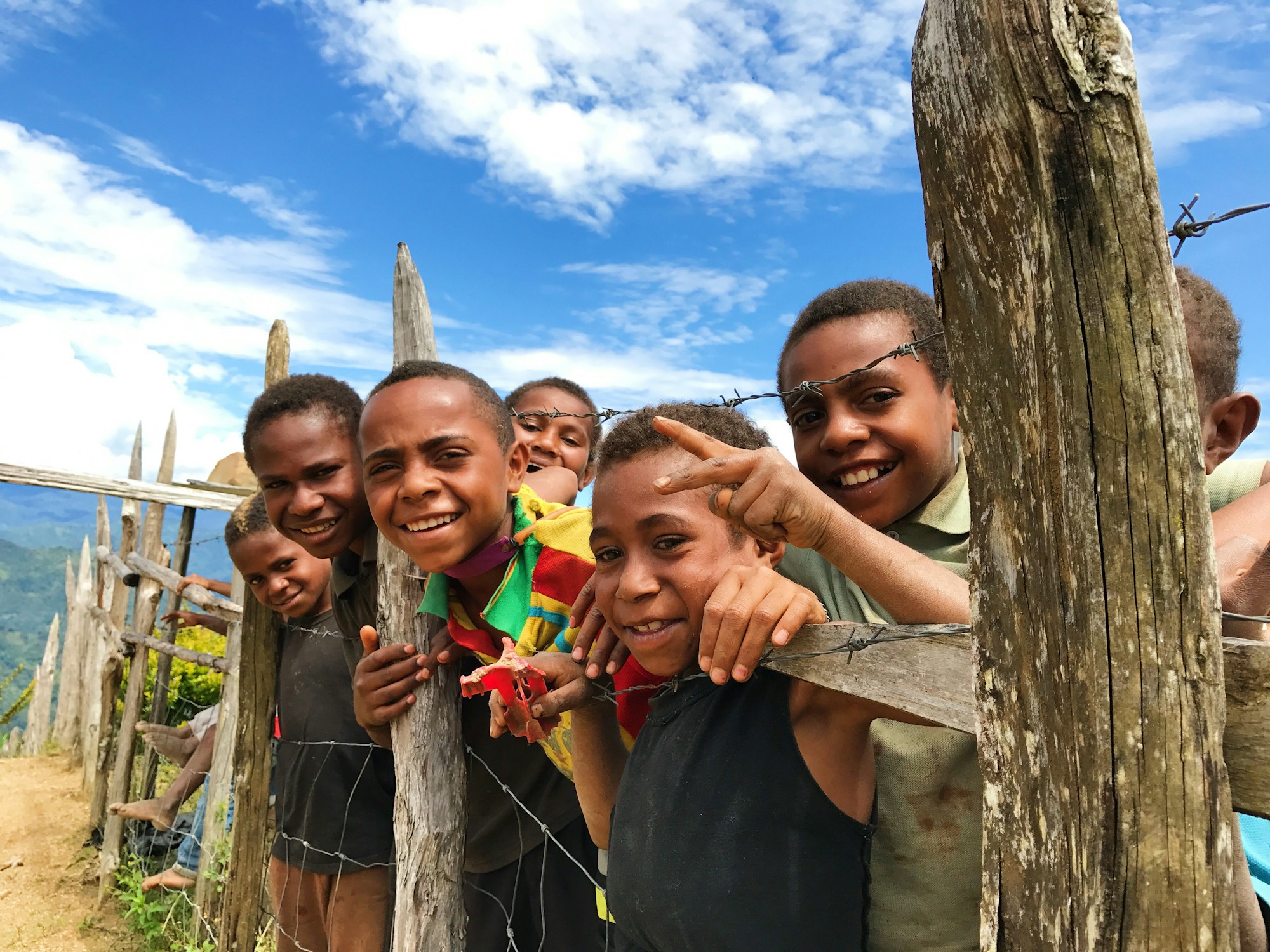Exploring Guinea: A Comprehensive Travel Guide

Exploring Guinea: A Comprehensive Travel Guide
Nestled on the west coast of Africa, Guinea is a captivating country that offers a rich cultural heritage, stunning natural beauty, and warm hospitality. From vibrant markets to breathtaking landscapes, there is something to delight every traveler. So grab your passport and embark on an unforgettable journey to explore the wonders of Guinea!
Getting There
Guinea is well-connected to international destinations through the Conakry International Airport. Several airlines offer direct flights to Conakry, the capital city of Guinea, from major cities around the world. Alternatively, you can also enter Guinea overland from neighboring countries, such as Sierra Leone, Liberia, and Guinea-Bissau.
Where to Stay
When it comes to accommodation, Guinea offers a range of options to suit every budget and preference. In Conakry, you'll find luxury hotels with all the amenities you could desire, as well as mid-range and budget-friendly options. If you're interested in immersing yourself in the local culture, consider staying in a guesthouse or homestay, where you can interact with Guinean families and learn about their way of life.
Must-Visit Destinations
1. Conakry: Start your journey in the vibrant capital city, Conakry. Explore the bustling markets, such as the Marché Madina, where you'll find everything from colorful textiles to local handicrafts. Don't miss a visit to the beautiful Îles de Los, a group of islands just off the coast, known for their pristine beaches and crystal-clear waters.
2. Fouta Djallon: Head inland to the Fouta Djallon region, known for its stunning landscapes and adventurous activities. Visit the magnificent waterfalls of Ditinn, hike through the scenic valleys, and encounter the local wildlife, including chimpanzees and colorful birds.
3. Labe: Labe, the second-largest city in Guinea, is a cultural hub with a fascinating history. Explore the narrow winding streets of the old town, visit the vibrant Labe Grand Mosque, and learn about the rich traditions and customs of the Fulani people.
4. Mount Nimba: If you're an outdoor enthusiast, a visit to Mount Nimba is a must. This UNESCO World Heritage site offers breathtaking views, diverse flora and fauna, and excellent hiking opportunities. Don't forget your camera to capture the stunning landscapes!
Local Cuisine
Guinean cuisine is a delightful blend of flavors and influences from different ethnic groups. Don't miss the opportunity to try some of the local dishes, such as
- Fou fou - a staple made from cassava or yams
- Plasas - a delicious spinach stew
- Mafé - a peanut-based sauce served with rice or couscous
- Bissap - a refreshing hibiscus drink
Make sure to indulge in flavorsome grilled meats and fresh seafood dishes, which are abundant in Guinea.
Practical Information
1. Visa: Most visitors to Guinea require a visa, which can be obtained at Guinea's diplomatic missions or upon arrival at Conakry International Airport. It is always advisable to check the visa requirements before traveling.
2. Currency: The official currency of Guinea is the Guinean franc (GNF). It is recommended to carry some cash, as credit cards may not be widely accepted outside major cities. ATMs can be found in Conakry and other urban areas.
3. Language: The official language of Guinea is French. However, several local languages, such as Pular, Malinke, and Soussou, are also widely spoken.
4. Health and Safety: It is important to take precautions to protect your health while traveling in Guinea. Make sure to have up-to-date vaccinations, especially for diseases such as yellow fever and malaria. It is also advisable to drink only bottled or purified water and take measures to prevent mosquito bites.
With its diverse landscapes, rich culture, and warm people, Guinea is a destination waiting to be explored. So pack your bags and embark on the adventure of a lifetime in this enchanting country!
